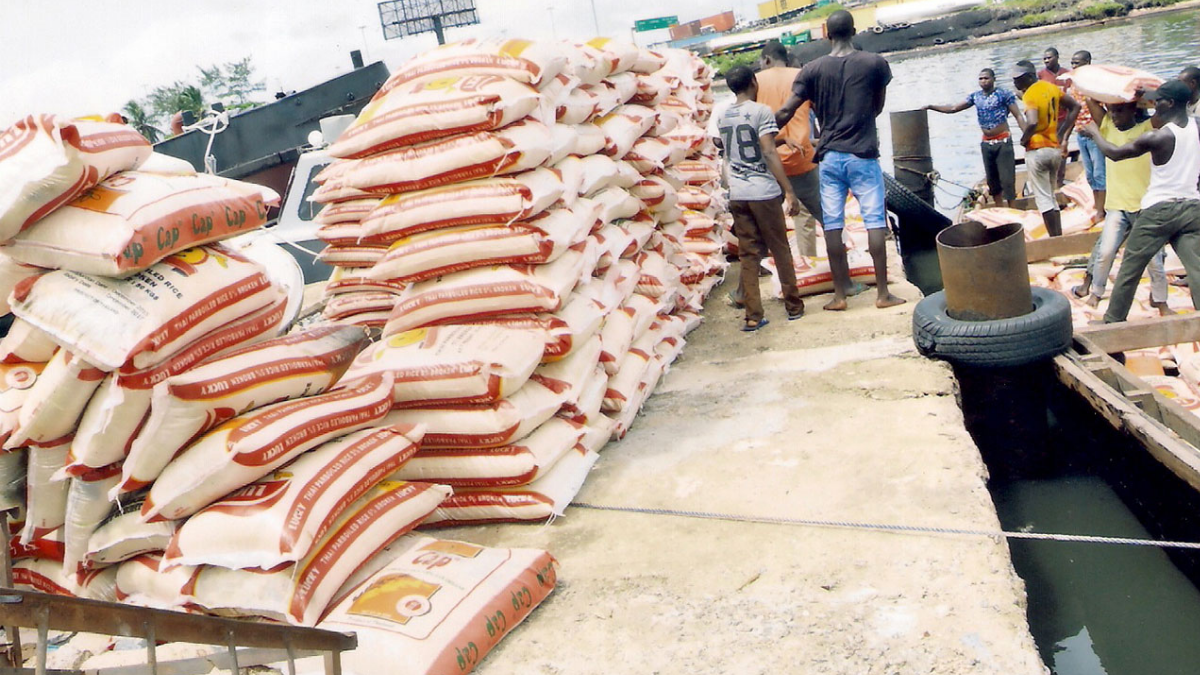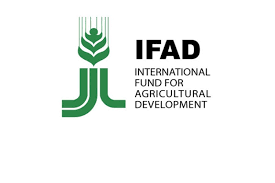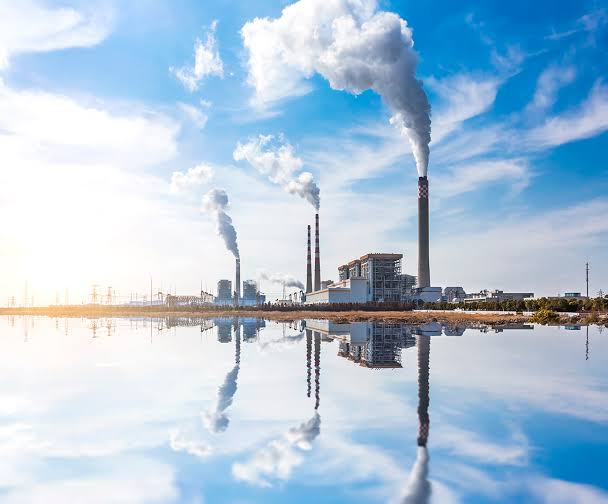An increase in Nigeria’s local rice production has led to a drop in foreign rice importation from 1.2 million metric tons in 2014 to 438 tons in 2022.
Andy Ekwelem, the Director-General of the Rice Processors Association of Nigeria, RIPAN, disclosed this on Tuesday in Abuja.
According to him, over 100 large-scale integrated rice processing facilities are domiciled in Nigeria to boost the production of the product.
He said, “The factory price of local rice remains at N31,000, and Nigerians may purchase it at higher prices because of the high cost of transporting the goods to the market and the high cost of fertilizer, among others.
“Before the current administration, Nigeria officially allowed imported rice. As of the last quarter of 2014, the official rice import from Thailand was about 1.24m tons; by 2015, these imports had dropped to about 644,131 tons, and in 2016, they fell to 58,260 tons.
“In 2017, the imports further dropped to 23,192 tons, but by 2022, it dropped to an all-time low of 438 tons,” he noted.
Average price for rice ranges from N32,000-N50,000 in Nigeria as of March.





